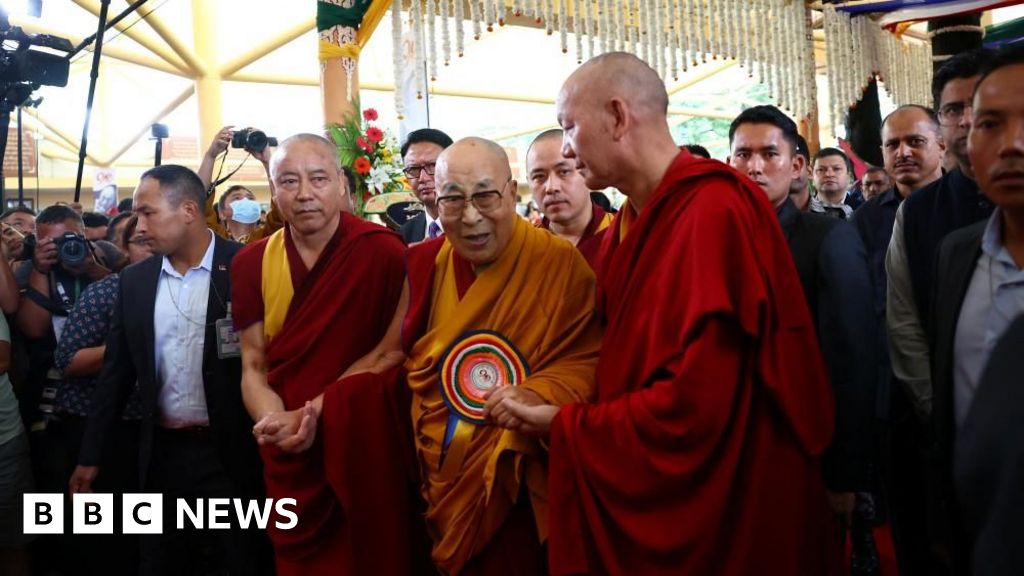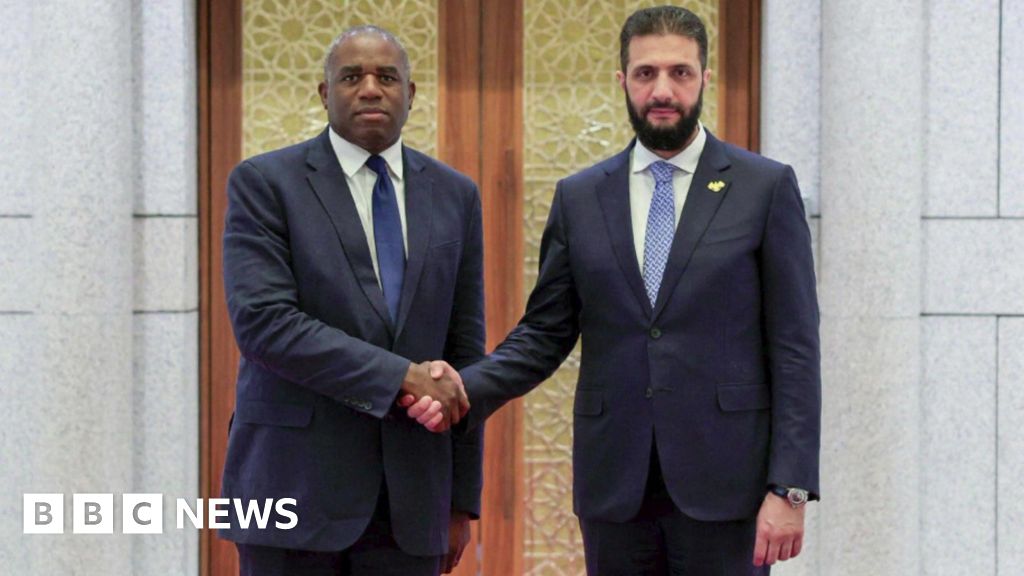Key Takeaways
- The $1.4 billion IMF loan requires El Salvador to improve transparency and Bitcoin-related financial oversight.
- The government must disclose all public-sector Bitcoin holdings and conduct independent audits.
- Despite IMF pressure, El Salvador continued purchasing Bitcoin, raising questions about its commitment to the deal.
El Salvador’s newly secured $1.4 billion loan from the International Monetary Fund (IMF) comes with sweeping conditions aimed at increasing financial oversight—particularly concerning the country’s Bitcoin (BTC) holdings.
IMF Loan Demands
The El Salvador-IMF agreement requires the government to phase out public participation in Chivo, the state-backed Bitcoin wallet, and stop using taxpayer funds for it by July 2025.
Additionally, El Salvador must liquidate the Fidebitcoin trust, which was established to support Bitcoin adoption and release audited financial statements from both Fidebitcoin and Chivo.
To further enhance transparency, the government is obligated to disclose all Bitcoin holdings controlled by public institutions.
This includes providing the IMF with a comprehensive list of its cold and hot wallet addresses and the exact amounts held.
To ensure compliance, regular IMF reviews are scheduled for March, June, July, and December 2025.
While the IMF frames these measures as necessary risk-management steps, they also signal growing international scrutiny over El Salvador’s Bitcoin experiment.
Transparency Concerns Over Loan Usage
Despite the IMF’s push for greater financial accountability, the loan agreement does not specify how the $1.4 billion will be allocated or monitored.
Critics have pointed out that under President Nayib Bukele’s administration, the country’s transparency framework has steadily eroded.
Since taking office in 2019, Bukele has dismantled the national transparency system, reinterpreting laws to restrict public access to government spending records, asset declarations, and even the identities of legislative advisors.
The IMF has positioned the loan as a step toward restoring governance and fiscal responsibility, but the lack of clear oversight on how the funds will be used raises concerns about whether these measures will be enforced effectively.
El Salvador Buys More Bitcoin—Despite IMF Pressure
While the IMF has urged El Salvador to curb its Bitcoin investments, the government has continued purchasing the asset.
Last month, it added 11 Bitcoin—worth approximately $1.1 million—to its reserves, bringing its total holdings to 6,067 BTC, valued at roughly $600 million.
This latest purchase comes just weeks after El Salvador agreed to scale back some of its Bitcoin initiatives to secure IMF funding.
The government had previously halted tax payments in BTC while maintaining Bitcoin’s status as legal tender.
Notably, this purchase also coincides with a controversial deal in which El Salvador agreed to accept deported criminals from the United States in exchange for financial compensation.
At the same time, discussions in Washington about a potential U.S. digital asset reserve have fueled speculation about future cooperation between the two nations on Bitcoin-related policies.
For now, El Salvador is walking a fine line, balancing its pro-Bitcoin stance with the financial stability promised by the IMF loan.
The coming months will reveal whether the country complies with the IMF’s conditions or continues to chart its path.
Was this Article helpful?

















